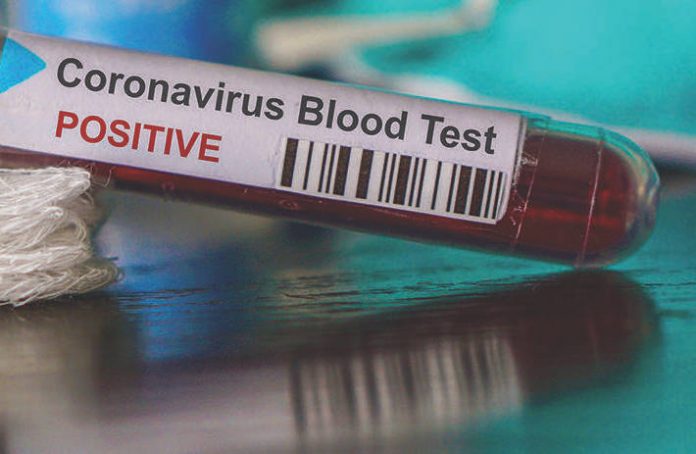Ontario has recorded 732 new cases of COVID-19, the most in a 24-hour stretch since the start of the pandemic.
It’s the second time this week that it has recorded a new record-high, after the province announced 700 cases on Monday, which surpassed the mark it had previously set during the peak of its first wave. It’s also the fifth-straight day that the province has surpassed the 500-case mark, which it had not previously surpassed since May 2.
Due to the rapid increase in cases and projected modelling data, Ontario Premier Doug Ford announced new restrictions for the province.
“Earlier this week, we received a real wake-up call. We saw from the modelling update that if we don’t act now we could see 1,000 new cases a day by mid-October. We could have 200-300 people a day arriving in our hospitals and ICUs,” said Ford.
“We’re in the second wave of COVID-19, and as premier it’s my duty to protect the people.”
The social circle concept, which allows people to closely interact within a group of 10, has been paused in Ontario. People are advised to only be in close-contact with those in the same household, while those who live alone can interact with another household.
“This will be especially important to consider as we look ahead to Thanksgiving next weekend,” said Ford. “The weather is driving more people indoors, which has led to more community spread and a surge in testing.”
In the province’s three hotspots — Toronto, Peel and Ottawa — indoor capacity for restaurants, bars and nightclubs has been capped at 100. In Toronto, it’s already limited to 75, Ford noted. In addition, people must maintain a two-metre distance, and there can be no more than six people at a table. Contact information from each patron must also be collected.
In the three hotspots, gyms and other fitness settings can only have a maximum of 50 people at a time, while only 10 for a specific class. At meeting and event facilities, such as banquet halls, a cap of 50 people will also be in place, including six per table.
Throughout the province, masks will now be required in all workplaces, on public transit and in shopping centres when physical distancing of two metres cannot be maintained.
The latest patients were identified after the province’s labs completed 40,093 tests, leading to a positive test rate of 1.8 per cent, its highest since June 7. Ontario’s backlog of tests continues to grow, this time to a record-high 90,513. In order to catch up on the backlog and create a winter-based testing approach, the province will now move to appointment-based testing. Walk-in testing will be discontinued Oct. 4.
In the last 24-hour stretch, 428 more people have recovered, while two have died in the province. Officials also added 74 additional fatalities after reviewing their spring and summer data. Of the 76 deaths, 71 of them involved long-term care residents.
The update leaves 5,203 active cases in Ontario, the most since April 28, when the province was at the peak of its first wave.
Of the most recent 732 cases, 323 were identified in Toronto, 141 in Ottawa, 111 in Peel, 38 in York, 34 in Durham, 13 in Simcoe Muskoka, and 11 in both Halton and Niagara. The remaining 26 public health units reported 10 or fewer, while 13 reported no new patients at all.
































